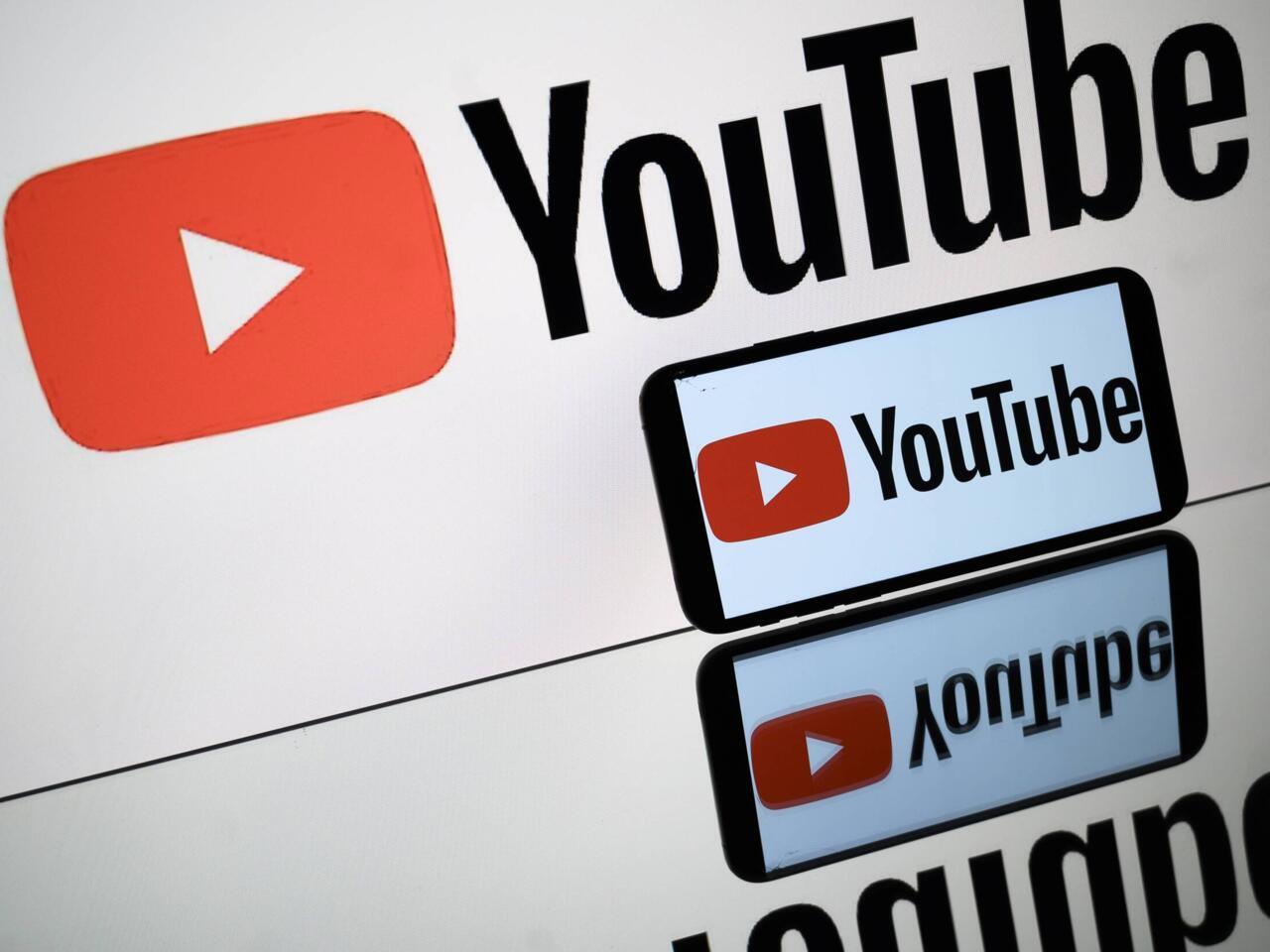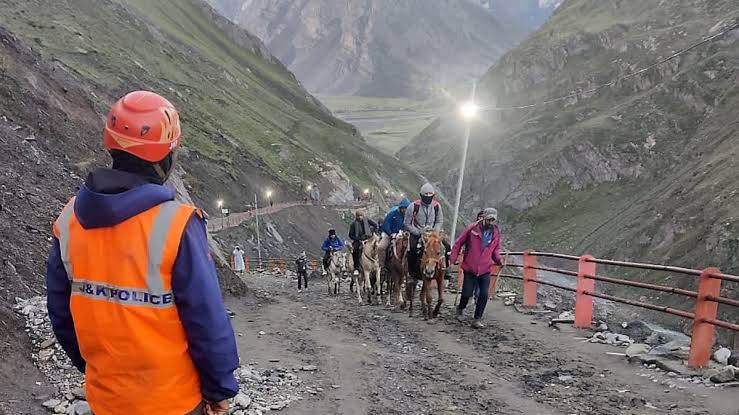 Image Source: France24
Image Source: France24
Sweeping Reform Sets Global Precedent
Australia has captured worldwide attention by officially banning YouTube accounts for children under 16, casting the world’s largest video platform into the country’s historic social media crackdown. This decisive policy—prompted by surging concern over predatory algorithms and children’s digital well-being—will take effect starting December 10, 2025, and demands social media companies implement secure age-verification or risk penalties of up to 50 million Australian dollars.
Key Highlights
The ban was announced after months of debate, overturning an earlier exemption for YouTube and expanding stringent age limits that already covered TikTok, Instagram, Facebook, X (Twitter), and Snapchat.
YouTube remains accessible for video viewing, but those under 16 will be prevented from creating accounts, uploading or commenting, and building channels.
The law obliges platforms to deactivate existing underage accounts and fight circumvention, with enforcement guided by Australia’s eSafety Commissioner.
The move comes amid clear research: nearly four in ten Australian children reported recent online harm via YouTube—more than on any other platform—and the government’s own survey showed overwhelming parental support for stricter age assurance.
Why the Ban? The Case Against Predatory Algorithms
Studies show aggressive recommendation algorithms routinely expose children to inappropriate, distressing, or dangerous content—even when they seek innocuous material.
Australia’s eSafety Commissioner, Julie Inman Grant, cited YouTube as the most frequently mentioned platform where 10- to 15-year-olds encounter harmful material, highlighting the urgency of intervention.
Prime Minister Anthony Albanese said, Social media is social harm to our children, and ensuring this age boundary would give youth crucial time for real-world growth and resilience before the pressures of digital identity.
The ban is also a reaction to broader educational concerns, with new research linking heavy social media use to declining literacy, attention, and increasing anxiety among youth.
How the Ban Will Be Enforced
Under the Online Safety Amendment (Social Media Minimum Age) Act 2024, from December, all social media sites—now explicitly including YouTube—must prevent users under 16 from creating or maintaining accounts.
Platforms are required to use robust AI-based or documentary age checks. If found insufficient, the fines for non-compliance are among the world’s heaviest, reaching A$50 million per offense.
Notably, the responsibility falls squarely on companies, not parents or children, to prevent underage access to accounts.
Exclusions apply for online gaming, messaging apps, health, and education services, as these are deemed to carry lower risks or are regulated separately.
YouTube Kids, a child-curated app for users up to age 12, will remain unaffected.
Debate and Pushback
Google, YouTube’s owner, objected to the expanded ban, arguing YouTube is not a social network and warning of free expression and privacy concerns over mandatory age checks. Australian officials responded that global tech giants would not dictate public health policy.
Some child advocates and digital privacy experts warn of risks around data collection for age verification, while youth content creators fear losing direct access to their largest audience.
The ban is globally significant: No other country yet includes YouTube in such restrictions, although Norway and the United Kingdom are among those considering similar reforms.
Looking Ahead: Will the Tech Industry Adapt or Resist?
Australia’s move is being watched globally as lawmakers, parents, and educators weigh the trade-offs between open internet access and safeguarding child development.
The government frames the law as a start, promising to refine enforcement and adapt to evolving online challenges.
A legal challenge by Google is possible, but for now, industry, families, and policymakers must grapple with this new reality as the December deadline approaches.
Sources: BBC News, CNN, Reuters, 1News
Advertisement
Advertisement







